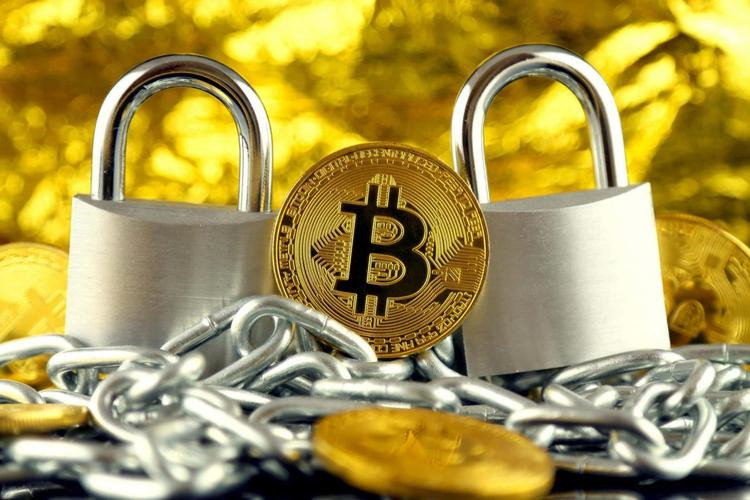In today’s fast-paced financial world, trading online isn’t just a convenience—it’s the norm. Whether youre dabbling in forex, stocks, crypto, or commodities, it’s become easier than ever to jump into markets with just a few clicks. But as we entrust our money to these digital platforms, a lingering question pops up: just how secure are online trading platforms? That question is more relevant than ever, especially with the rapid growth of fintech innovation, decentralization, and AI-driven trading.
When people trade online, they want quick access, real-time updates, and a seamless experience. But behind that sleek interface lies a complex web of security measures—firewalls, encryption, multi-factor authentication—that aim to keep your funds and data safe. In fact, many of the big names in online trading have invested heavily in cybersecurity; think of firms like TD Ameritrade or eToro which have dedicated teams working round the clock to ward off hacking attempts.
That said, no system is invincible. Remember the Mt. Gox hack in 2014, which exposed vulnerabilities in crypto exchanges? Or more recent cases where social engineering scams targeted traders directly? They serve as reminders that security isn’t just about the latest tech but also about user awareness. It’s critical to follow best practices—use strong, unique passwords, enable two-factor authentication, and stay wary of phishing attempts.
Many trading platforms now incorporate multiple layers of protection to safeguard user assets. For example, biometric logins—using your fingerprint or face ID—add an extra hurdle for hackers. Meanwhile, real-time transaction monitoring helps spot suspicious activity before funds disappear. Some platforms also segregate client funds—keeping your money separate from company reserves—to reduce risk in case of insolvency or cyberattack.
Additionally, brokerages often comply with strict regulatory standards—like SEC or FCA guidelines—that require regular audits and financial transparency. This isn’t just a legal checkbox; it’s a layer of trust that many traders rely on.
The challenge? Making platforms simultaneously secure and user-friendly. Anyone who’s tried enabling multi-factor authentication knows how it can feel like an extra step, but it’s worth it for peace of mind. Some innovative firms are experimenting with AI-driven fraud detection, analyzing patterns in trades to flag potential breaches faster than ever before.
In the competitive world of prop trading—where traders use borrowed capital to amplify their strategies—security becomes even more critical. A breach or exploit could wipe out entire portfolios in seconds. That’s why robust risk management, combined with cutting-edge security tools, is vital for sustainable growth.
Decentralized finance (DeFi) is shaking things up. Instead of relying on centralized exchanges, traders have access to peer-to-peer platforms that operate on blockchain tech. While they promise increased transparency and control, they also come with new security challenges—smart contract bugs and liquidity risks, for instance.
Meanwhile, AI is transforming trading itself. Algorithms can analyze mountains of data, spot signals, and execute trades faster than any human—potentially reducing emotional bias and increasing accuracy. But these systems also depend heavily on quality data and secure infrastructure. If a platform’s AI is compromised, it could lead to manipulation or market destabilization.
The security landscape around online trading is constantly evolving, powered by technological breakthroughs and new cyber threats alike. For traders, the key lies in understanding that no system is foolproof but that strong security practices, choosing reputable platforms, and staying informed can vastly improve safety. Be a cautious but confident trader—know that innovation is bringing more secure, smarter, and more accessible options every day.
The future of online trading isn’t about avoiding risk completely; it’s about managing it wisely. With advancements in decentralized finance, blockchain, AI, and smart contracts, the trading world is heading toward a more transparent, efficient, and secure era. Never forget—your best defense is staying knowledgeable and proactive.
Trade smart. Trade safe. The future of online trading security is in your hands.




